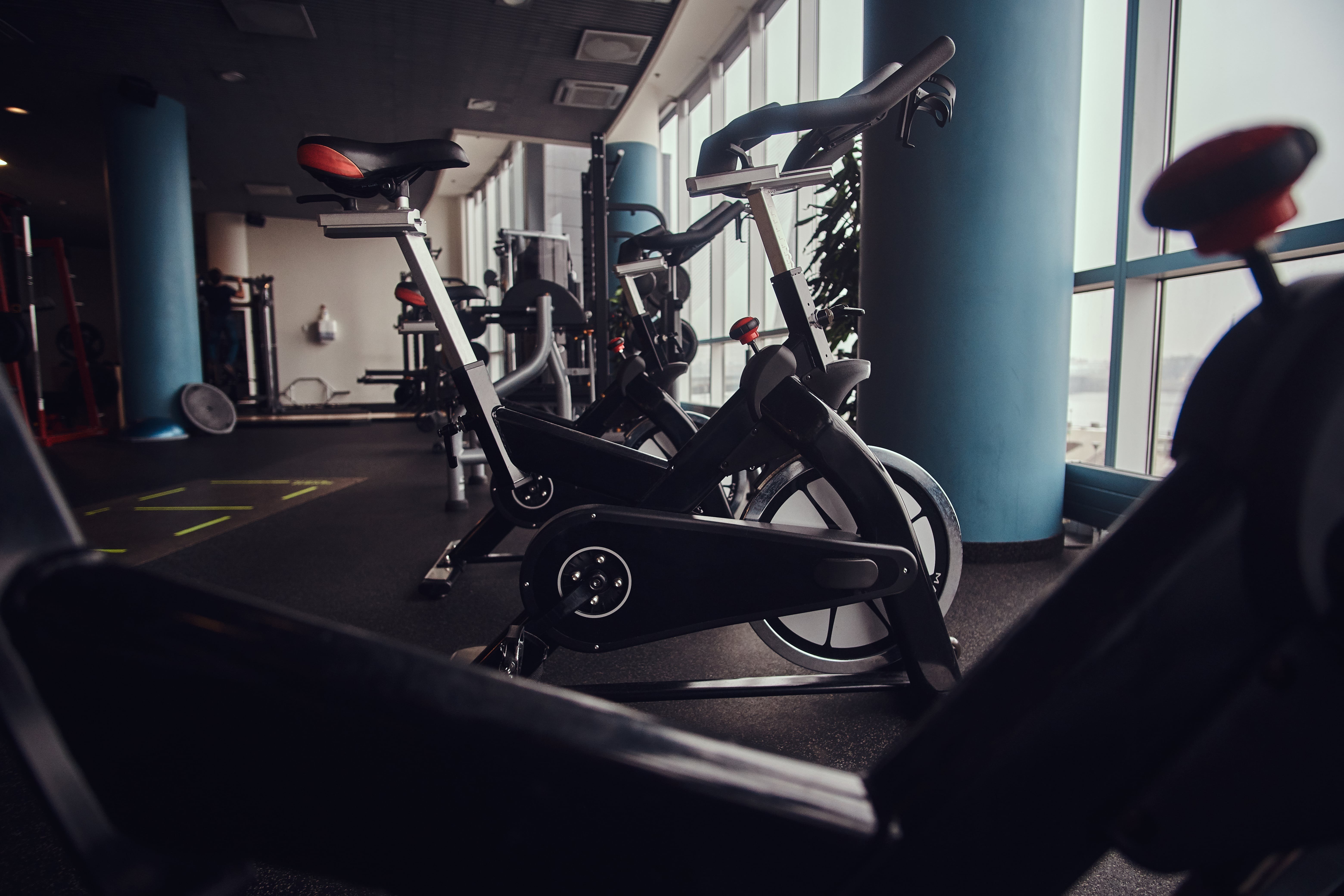What Is The Secret Life Of Exercising Bike
페이지 정보
작성자 ZI 작성일25-08-15 12:10 (수정:25-08-15 12:10)관련링크
본문

The Benefits and Types of Exercising Bikes: A Comprehensive Guide
Stationary bicycle, often referred to as stationary bikes or fitness bikes, have actually ended up being significantly popular in homes and fitness centers worldwide. They supply an effective exercise alternative that accommodates numerous fitness levels, making them a staple in personal fitness programs. This short article will explore the kinds of stationary bicycle, their advantages, and ideas on picking the ideal one for your needs, all while incorporating useful tables, lists, and FAQs to boost your understanding.
The Types of Exercising Bikes
Exercise bikes been available in numerous designs and designs, each suited for different user choices and fitness objectives. Below is a table summarizing the main kinds of exercising bikes:
| Type of Exercise Bike | Description | Ideal For |
|---|---|---|
| Upright Bike | Resembles a traditional bicycle; user sits upright with pedals located below. | Individuals wanting to imitate outside cycling and engage core muscles. |
| Recumbent Bike | Functions a reclining seat and bigger back assistance; pedals are positioned in front. | Users with back concerns or those seeking a comfortable trip. |
| Spin Bike | Created for high-intensity exercises with a much heavier flywheel and adjustable resistance. | Fitness enthusiasts thinking about group classes or extreme training. |
| Hybrid Bike | Integrates functions of upright and recumbent bikes, frequently adjustable for user preference. | Those who delight in variety in their exercises and require ergonomic support. |
| Collapsible Bike | A compact design that can be folded for easy storage, frequently appropriate for small spaces. | Individuals with minimal space seeking a convenient workout alternative. |
Benefits of Exercising Bikes
Using a stationary bicycle uses numerous health advantages that contribute to overall well-being. Here are some essential advantages:
Cardiovascular Health: Regular use of exercise bikes improves heart health by improving circulation and endurance.
Weight Loss: Cycling helps burn calories, helping in weight management. Depending on intensity and duration, an individual can burn around 400 to 600 calories per hour on a stationary bicycle.
Low Impact on Joints: Unlike running or high-impact workouts, stationary bicycle provide a low-impact alternative that reduces tension on joints, making them suitable for people with arthritis or joint pain.
Benefit: Exercise bikes permit for a flexible workout schedule, as users can train at home despite weather conditions.
Customizable Workouts: Many stationary bicycle come equipped with different resistance levels and exercise programs, enabling users to tailor their workouts according to fitness goals.
Enhanced Muscle Tone and Strength: Pedaling engages different muscle groups, including the quads, hamstrings, calves, and glutes, promoting muscle growth and toning.
Including an Exercise Bike into Your Routine
For those wondering how to efficiently incorporate a stationary bicycle into their fitness strategy, think about the following suggestions:
Set Clear Goals: Define your fitness goals, be it weight reduction, endurance training, or rehabilitation.
Develop a Schedule: Dedicate particular days and times for cycling exercises to develop a consistent routine.
Start Slowly: If new to cycling, start with lower intensity and gradually increase the duration and resistance as fitness levels enhance.
Mix It Up: Incorporate interval training by rotating in between high-intensity bursts and lower-intensity recovery durations to challenge the body successfully.
Monitor Progress: Keep track of enhancements in distance, speed, and calories burned to keep motivation.
Common Mistakes to Avoid
As with any fitness program, users should understand common mistakes when utilizing stationary bicycle:
Poor Posture: Improper body placing can cause discomfort or injury. Make sure the seat height is changed correctly, and preserve good posture while biking.
Overtraining: Listen to your body and avoid extreme biking that can result in fatigue or injury.
Overlooking Other Exercises: While cycling is beneficial, it's important to include strength training and versatility exercises in total fitness plans.
Neglecting Nutrition: A balanced diet plan is important for gaining the full advantages of any exercise program.
Frequently Asked Questions About Exercising Bikes
1. How often should I utilize an exercise bike?
For optimum health advantages, go for at least 150 minutes of moderate aerobic exercise, cardio Machine such as biking, weekly. This can be broken down into sessions of 30 minutes, five days a week.
2. Do exercise bikes assist with weight loss?
Yes, exercising on a bike can help burn calories and contribute to a calorie deficit vital for weight reduction. Combined with a healthy diet, it boosts results.
3. Are recumbent bikes much easier to use than upright bikes?
Usually, users may discover recumbent bikes more comfy due to their support and reclined position. Nevertheless, the option depends upon specific preferences and fitness goals.
4. Can I watch TV while using an exercise bike?
Definitely! Enjoying TV or listening to music can make exercises more enjoyable. Guarantee that your setup permits visibility without jeopardizing your posture.
5. What should I do if my knees harmed while cycling?
If you experience knee discomfort, inspect your bike setup for proper adjustments, consider decreasing resistance, or consult a physician if discomfort persists.
Exercise bikes offer a flexible and reliable method to enhance cardiovascular fitness, burn calories, and remain active. With a range of types and ideal workout plans, anyone can discover an exercise bike that fits their way of life and needs. Whether used in a gym or in the house, they provide an outstanding alternative for maintaining a healthy way of life, accommodating different fitness levels, and incorporating easily into everyday regimens.

댓글목록
등록된 댓글이 없습니다.

